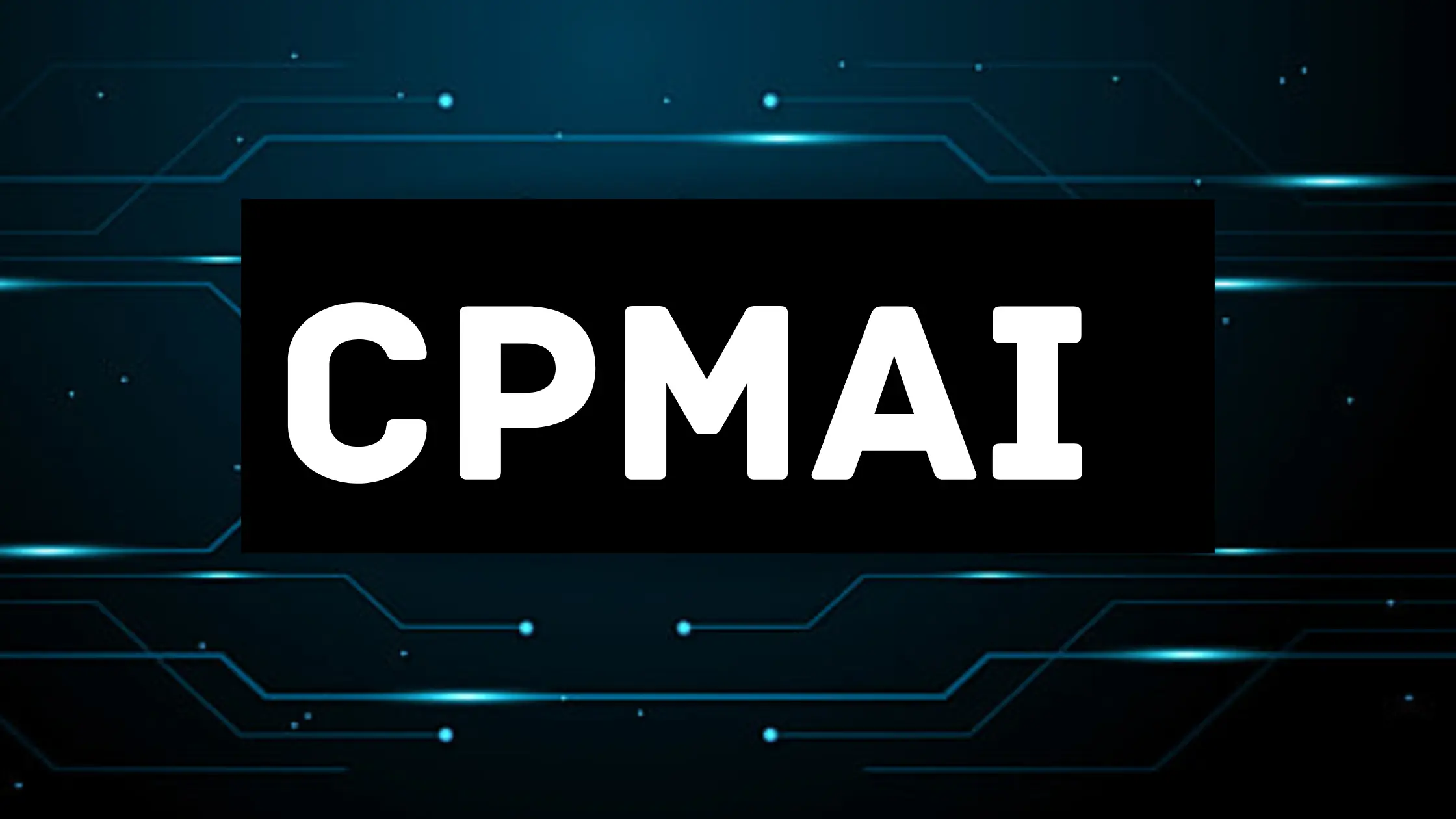Artificial Intelligence (AI) is rapidly transforming industries, but the unique complexities of AI and Machine Learning (ML) projects often lead to challenges that traditional project management methodologies struggle to address. This is where Cognitive Project Management in AI (CPMAI) steps in, offering a specialized, vendor-agnostic, data-centric, and iterative framework for successfully managing AI, ML, and cognitive technology initiatives.
Developed by Cognilytica (and now a flagship offering of the Project Management Institute, PMI), CPMAI is gaining significant traction as the go-to methodology for organizations seeking to navigate the intricacies of AI development and ensure successful outcomes.
Why CPMAI is Essential for AI Projects
Unlike conventional IT projects, AI endeavors present distinct characteristics:
- Data-Centricity: Data quality, availability, and management are paramount. AI models are trained on data, and the success of the project hinges heavily on robust data pipelines and governance.
- Non-Linear Progression: AI development is often iterative and experimental. Models require continuous refinement, re-training, and validation, making a purely linear approach impractical.
- Ongoing Maintenance and Model Drift: AI solutions are not “set and forget.” Models can degrade over time (known as “model drift”) due to changes in data patterns, necessitating continuous monitoring and maintenance.
- Ethical Considerations: AI projects often involve complex ethical dilemmas related to bias, fairness, transparency, and accountability, which require careful consideration throughout the project lifecycle.
- Multidisciplinary Teams: AI projects typically involve a diverse range of specialists, including data scientists, ML engineers, domain experts, and business analysts, requiring effective cross-functional collaboration.
Traditional project management methodologies, while valuable, may not fully cater to these unique demands. Agile methodologies provide flexibility, but CPMAI builds upon them, adding specific considerations for data and AI. Similarly, while CRISP-DM (Cross-Industry Standard Process for Data Mining) offers a structured approach to data mining, CPMAI extends it with more iterative loops, detailed artifacts, and deliverables tailored for AI.
The CPMAI Methodology: A Structured Approach
CPMAI provides a structured yet adaptable framework that guides project managers through the entire AI project lifecycle. While the specific phases can vary slightly, a common understanding includes:
- Business Understanding: Clearly defining the business problem, desired outcomes, and how AI can provide value. This phase emphasizes strong alignment between AI goals and overall business strategy.
- Data Understanding: Assessing data availability, quality, and relevance. This involves exploring data sources, identifying potential biases, and understanding data characteristics.
- Data Preparation: Cleaning, transforming, and integrating data for model training. This is a crucial and often time-consuming phase that directly impacts model performance.
- Model Development: Building, training, and validating AI/ML models. This iterative phase involves selecting appropriate algorithms, hyperparameter tuning, and performance evaluation.
- Model Operationalization: Deploying the trained model into a production environment, integrating it with existing systems, and establishing monitoring mechanisms. This also includes addressing scalability and security.
- Model Monitoring and Governance: Continuously monitoring the model’s performance, detecting and addressing model drift, and ensuring compliance with ethical guidelines and regulations.
Key Benefits of CPMAI Certification
For project managers, IT professionals, data scientists, and business leaders involved in AI initiatives, CPMAI certification offers several compelling advantages:
- Enhanced AI Project Success Rates: By providing a specialized framework, CPMAI helps mitigate common AI project failures related to poor planning, data quality issues, and lack of alignment.
- Specialized Skillset: Equips professionals with the unique skills needed to manage the data-centric, iterative, and often unpredictable nature of AI projects.
- Career Advancement: In a rapidly evolving AI landscape, CPMAI certification demonstrates a commitment to mastering AI project management, opening doors to higher-level roles and increased earning potential.
- Improved Collaboration: Provides a common language and framework for multidisciplinary AI teams, fostering better communication and alignment.
- Risk Mitigation: Addresses AI-specific risks, such as data bias, ethical dilemmas, and model drift, through proactive planning and governance.
- Vendor-Neutral Approach: The methodology is not tied to any specific AI technology or platform, making it broadly applicable across various AI initiatives.
The Future of Project Management in AI
As AI continues to mature and integrate into every facet of business, the demand for skilled professionals who can effectively manage AI projects will only grow. CPMAI represents a critical evolution in project management, providing the necessary tools and best practices to navigate the complexities of AI development and unlock its full potential. By embracing CPMAI, organizations can move beyond ad-hoc AI experiments and build sustainable, value-driven AI solutions.

Leave a Reply